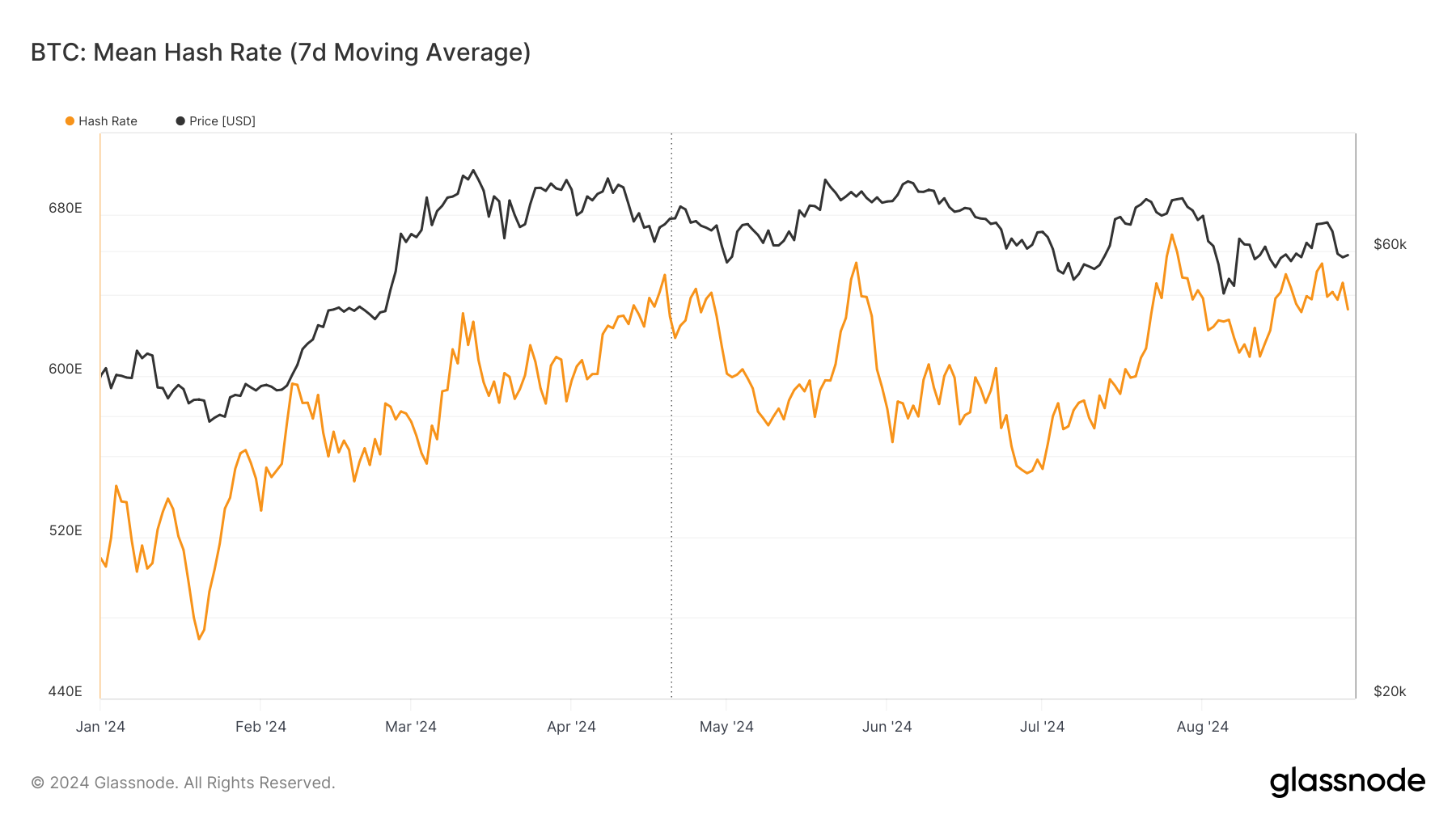
Inventor of the Internet Tim Berners-Lee has lashed out at the nascent crypto sector, saying that the speculative nature of digital currencies makes them a form of gambling.
“It’s only speculative,” Berners-Lee told CNBC’s Beyond The Valley podcast. “Obviously, that’s really dangerous.”
“Investing in certain things, which is purely speculative, isn’t what, where I want to spend my time,” added Berners-Lee, likening cryptocurrencies to the dot-com bubble of the late 1990s and the early 2000s.
The internet bubble was a speculative stock market bubble in which many internet-based companies experienced rapid growth in their stock prices, often without generating substantial profits or revenues. The bubble was fueled by hype and speculation, as investors poured money into companies with little regard for their underlying business models or financial fundamentals.
Many dot-com companies relied on venture capital funding and initial public offerings (IPOs) to raise money, but many of these companies had no clear path to profitability. This speculative investment frenzy eventually came to an end in 2000. As the bubble burst, the stock market experienced a sharp decline, wiping out billions of dollars of investor wealth.
Still, Berners-Lee did also say that digital currencies may find a useful application in remittances if immediately converted into fiat currencies such as the U.S. dollar or the euro.
Berners-Lee: Web3 and Web 3.0
To Berners-Lee, there’s also a key difference between the popular term Web3, which refers to the third iteration of the internet based on decentralized applications (dApps) and blockchain technology, and Web 3.0, which he sees as a way to give users control of their own data, including how it’s accessed and stored.
Berners-Lee is currently the CTO at Inrupt, the startup he co-founded together with John Bruce, the former CEO of cybersecurity firm Resilient.
Solid, the web decentralization project developed by Inrupt, is described as a technology for organizing data, applications, and identities on the web, which “enables richer choices for people, organizations and app developers by building on existing web standards.”
“Blockchain protocols may be good for some things but they’re not good for Solid,” Berners-Lee said last November at Web Summit in Lisbon, explaining that blockchain protocols are “too slow, too expensive and too public” whereas “personal data stores have to be fast, cheap and private.”
“It’s a real shame in fact that the actual Web3 name was taken by Ethereum folks for the stuff that they’re doing with blockchain. In fact, Web3 is not the web at all,” he said at the time.
Notably, Berners-Lee took a much softer approach to the crypto sector in 2021 when he turned the original code of World Wide Web into an NFT through a series of artwork.
At the time, he described NFTs as “the latest playful creations in this realm and the most appropriate means of ownership that exists.”
The NFT, titled “This Changes Everything,” was eventually sold for $5.4 million at Sotheby’s.



